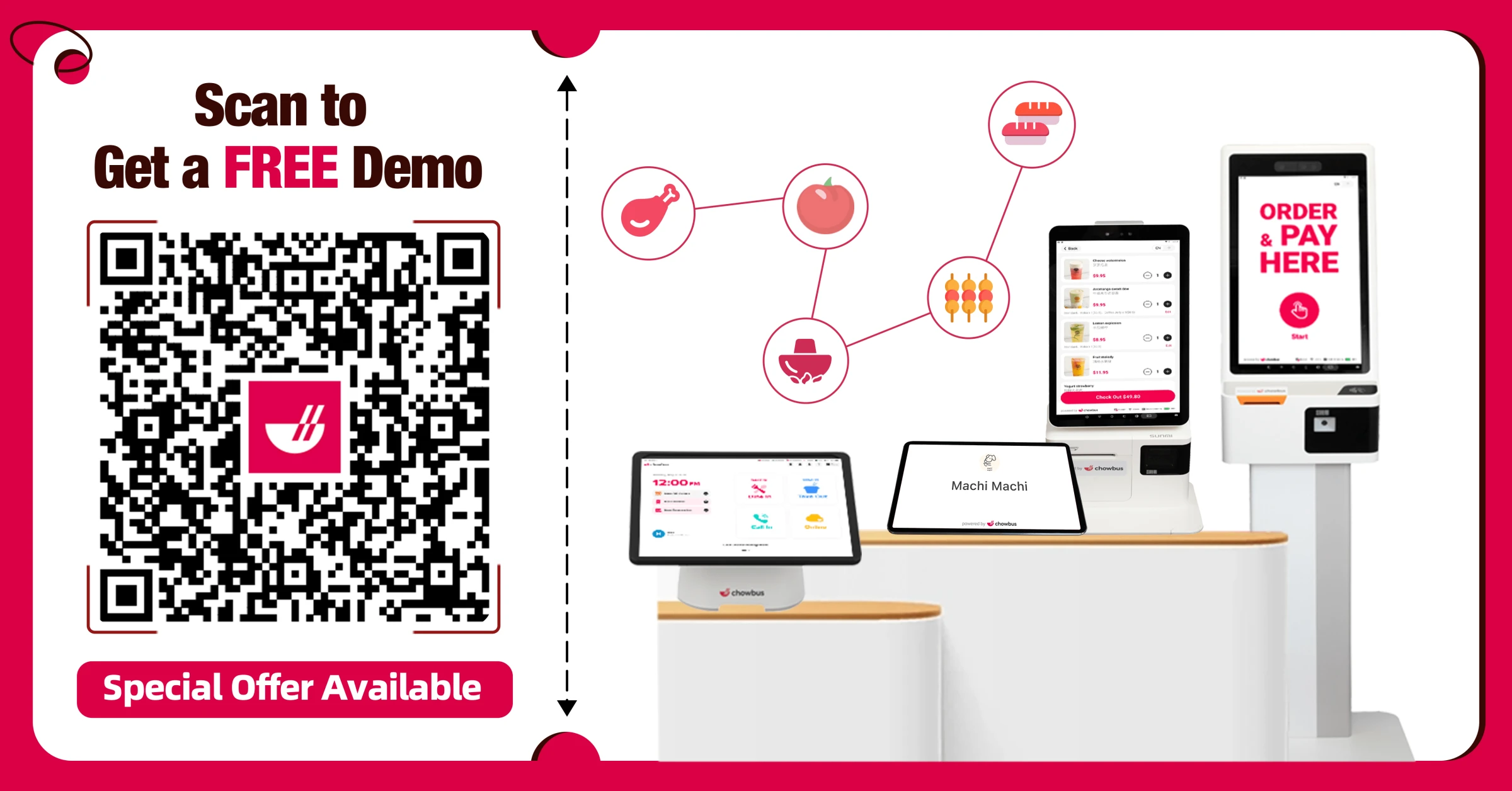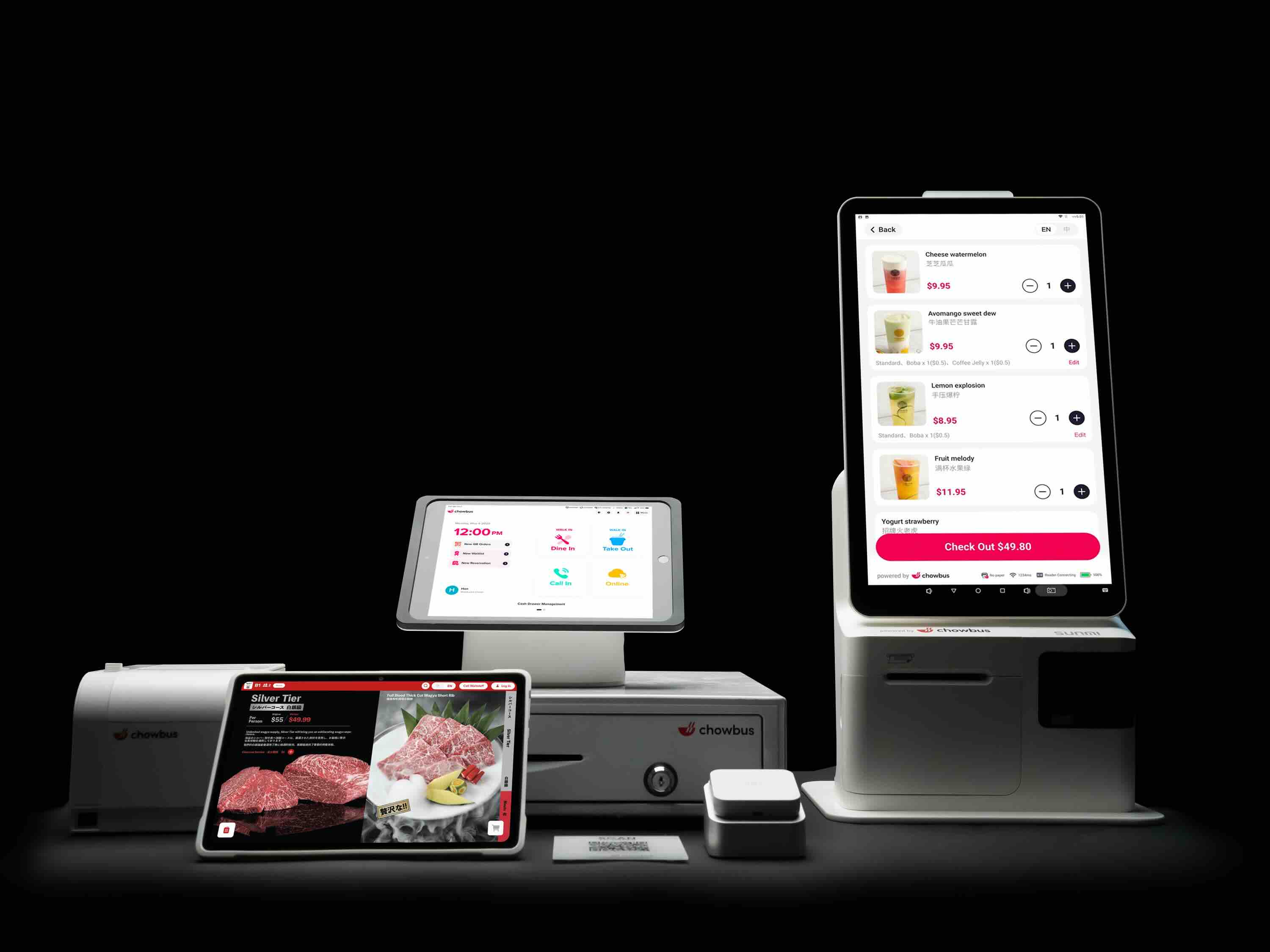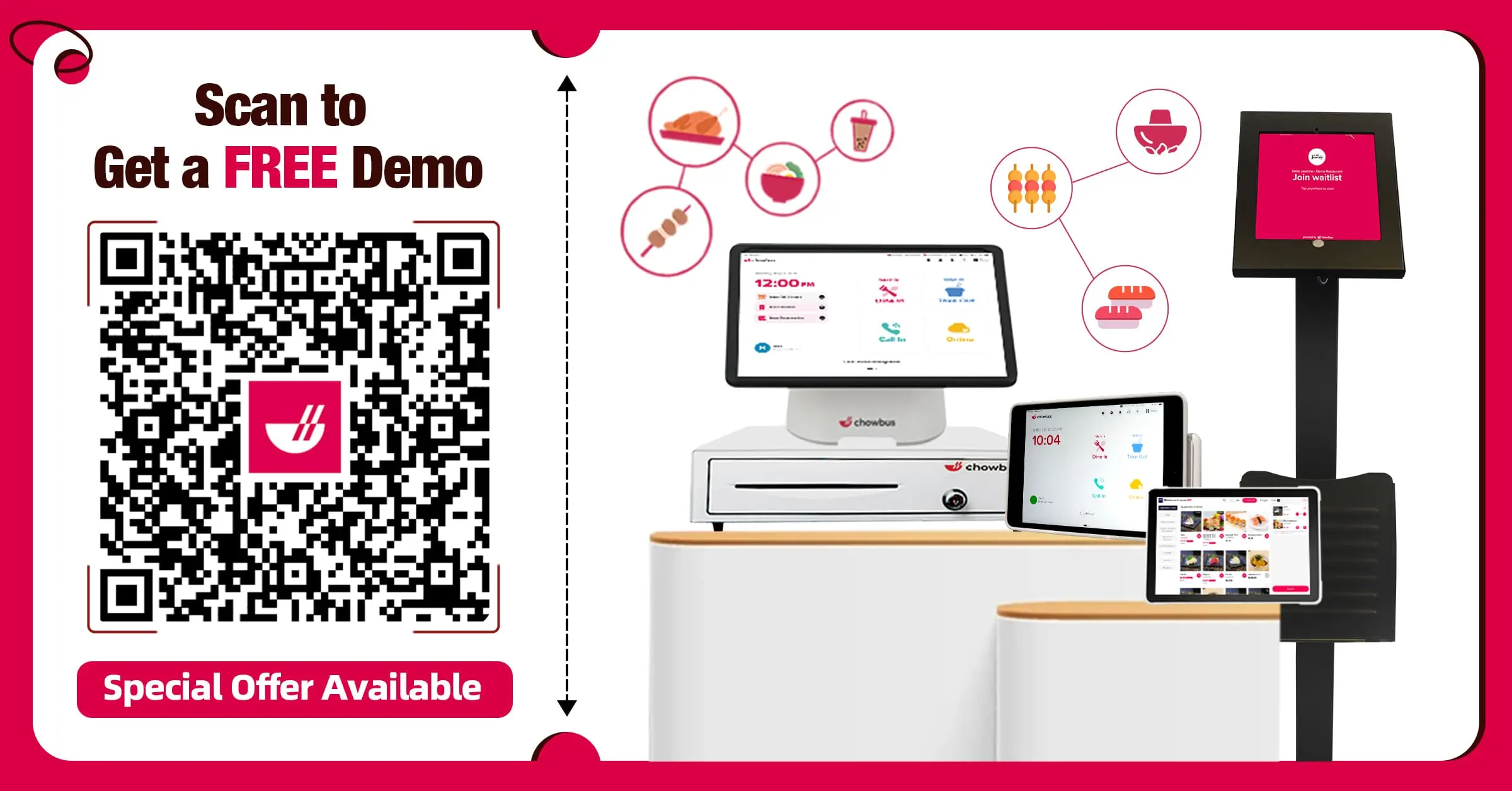SaaS POS: 12 Reasons Why Restaurants are Making the Switch

SaaS POS systems are transforming the way restaurants operate by offering a blend of convenience, cost-effectiveness, and cutting-edge technology. If you’re considering a shift or are just curious about what a cloud-based POS can do for you, this piece will clarify why many are making the transition. Are you tired of the limitations imposed by traditional POS systems? Have you ever felt restricted by constant updates and expensive maintenance?
This blog will explore how a SaaS POS alleviates these issues and enhances your operational capabilities, giving you the freedom to manage your restaurant from anywhere. What can you expect from adopting a SaaS POS? Let’s dive into the wide range of benefits that await.

What is SaaS POS?
SaaS POS, or Software as a Service Point of Sale, represents a shift from traditional POS systems that require a heavy upfront investment in hardware and software. Unlike conventional systems, a SaaS POS is hosted on the cloud, meaning you can access your sales, revenue, and customer data from anywhere, at any time. This model leverages cloud technology to offer a range of benefits, from reduced costs to enhanced security. Opting for a SaaS POS means subscribing to a service rather than purchasing a product, allowing for more flexibility and scalability for your restaurant operations.
The Benefits of SaaS POS Systems
Embracing a SaaS POS system can revolutionize how you manage your restaurant, offering a range of benefits that streamline operations and bolster your bottom line. Here’s a closer look at what you can expect:
1. Cost Efficiency
Switching to a SaaS POS system can be a smart financial decision. With minimal upfront investment required, you avoid the hefty costs associated with purchasing traditional hardware and software.
Additionally, since updates and maintenance are handled remotely by the service provider, you save on ongoing IT expenses. This model allows you to pay as you go, typically through a monthly subscription, which aids in budgeting and cash flow management. Moreover, the cloud infrastructure of a SaaS POS means you also save on energy costs and the need for physical space to house large servers.
2. No Long-Term Contracts
One of the attractive aspects of SaaS POS systems is the flexibility in contractual commitments. You’re not tied to long-term contracts, which can be a huge relief, especially if you’re experimenting with different business models or undergoing seasonal fluctuations.
This pay-as-you-go approach means you can scale your service usage up or down based on actual business performance. Additionally, it provides an opportunity to test the service without significant risk. If your needs change or you decide to switch providers, you can do so without the burden of heavy penalties or cumbersome buy-out clauses.
3. Easy Setup
When you choose a SaaS POS, you’ll find that most vendors take an active role in the installation and network configuration. This involvement means you won’t have to worry about the technical details or hiring additional staff to set up the system. The vendor typically handles everything from data migration to initial training, ensuring your transition to the new system is as smooth as possible. This hands-on approach helps to minimize disruptions in your service, allowing you to continue focusing on your customers without missing a beat.
4. Accessibility and Mobility
With a SaaS POS system, you gain unparalleled accessibility. You can manage your restaurant operations from anywhere, whether you’re at home, traveling, or at another site. All you need is an internet connection to access real-time data and make informed decisions on the go. This mobility is ideal for restaurant owners who are always on the move and need to stay connected with their businesses. It also supports a more flexible working style, accommodating everything from remote management to on-the-fly menu changes.
5. Automatic Updates and Maintenance
Another significant advantage of SaaS POS systems is the automatic feature and software upgrades. These updates are managed by the vendor and are designed to keep your system up-to-date with the latest features and security measures.
You don’t have to worry about scheduling upgrades or system downtime. It’s all taken care of, ensuring you always have access to the most efficient, secure software. This aspect not only saves time but also enhances your system’s reliability and performance.
6. Data Security
Data security is crucial, and SaaS POS providers understand this. They adhere to stringent security standards, such as PCI Compliance, to ensure your data is protected against breaches. Regular security updates and robust data encryption methods are part of the package, giving you peace of mind. The cloud-based nature of SaaS POS systems also means that data is stored securely off-site, reducing the risk of data loss due to local disasters or hardware failures.
7. Offline Mode
Connectivity issues can happen, but they don’t have to disrupt your business. Many SaaS POS systems feature an offline mode, which allows your operations to continue smoothly even during internet outages. This functionality ensures you can still process transactions and maintain business continuity without interruption.
8. Customizability and Flexibility
Every restaurant is unique, and a SaaS POS system understands that. These systems offer extensive customization options to tailor the software to your specific needs. Whether it’s modifying the interface, integrating with other tools, or adding specific features, you have the flexibility to mold the POS to your operational requirements. This level of customization ensures that the system grows and adapts with your business.
9. Scalability
As your restaurant grows, so can your POS system. SaaS POS systems are designed to scale effortlessly with your business, accommodating new locations, more users, and increased transaction volumes without significant new investments. This scalability is crucial for expanding businesses, providing them with a reliable system that grows as they do.
10. Real-Time Data and Reporting
Access to real-time data powers informed decision-making. SaaS POS systems offer comprehensive reporting and analytics tools that provide insights into every aspect of your restaurant’s operations. Track sales trends, monitor staff performance, and understand customer preferences with detailed reports that are updated in real time. This information is invaluable for optimizing your operations and enhancing customer experiences.
11. Reduced IT Burden
With a SaaS POS, much of the IT heavy lifting is off your shoulders. Since the service provider manages all the system maintenance, updates, and troubleshooting, you don’t need a large in-house IT team. This reduction in IT responsibilities allows your staff to focus more on customer service and less on technical issues.
12. Sustainability
Choosing a SaaS POS is a step towards sustainability. These systems minimize the need for physical hardware, reduce paper use through digital receipts and reports, and decrease energy consumption by relying on cloud services. By reducing your environmental footprint, you not only save costs but also align with the growing consumer preference for eco-friendly businesses.
These diverse benefits make SaaS POS systems an increasingly popular choice among restaurant owners looking to optimize their operations and improve their bottom line. With a SaaS POS, you gain a reliable, scalable, and efficient system that supports your business growth and adapts to your evolving needs.
Conclusion
With the extensive advantages of restaurant SaaS POS systems, it’s clear why many restaurant owners are making the switch. By choosing a cloud-based POS, you access a system that is not only cost-effective and easy to manage but also rich with features that enhance your operational capabilities. From real-time data access and automatic updates to customizable options and scalability, a SaaS POS system is equipped to meet the dynamic needs of modern restaurant operations. Embrace a solution that allows you to focus more on delivering exceptional customer experiences and less on the burdens of traditional POS systems.
Ready to see these benefits in action? Discover how Chowbus POS can revolutionize your restaurant's operations with our cutting-edge SaaS POS system. Experience the power of enhanced efficiency and improved revenue firsthand. Book your free demo or consultation today and step into the future of restaurant management with Chowbus POS. Start transforming your business now!

Frequently Asked Questions About SaaS POS
Explore our Frequently Asked Questions About SaaS POS for clear answers on how POS systems relate to the SaaS model and the unique aspects of each. Gain insights into the different types of SaaS providers and understand the key distinctions between POS systems and broader SaaS applications.
Is a POS System a SaaS?
A POS system can be a SaaS (Software as a Service) if it is cloud-based and delivered over the Internet. This means the software is hosted on remote servers and accessed online rather than installed locally at a business location.
What is the Difference Between POS and SaaS?
The difference between POS (Point of Sale) and SaaS (Software as a Service) primarily lies in their functionality and delivery method. A POS system is a combination of software and hardware that facilitates transaction processing at a sales location, handles payments, and manages customers.
SaaS, on the other hand, is a software distribution model in which applications are hosted by a third-party provider and made available to customers over the Internet, typically on a subscription basis. While a POS can be SaaS if it is cloud-based and offered via subscription, not all POS systems are SaaS, and SaaS applications span a wide range of solutions beyond POS systems.
What are the 2 Types of SaaS Providers?
The two types of SaaS providers are vertical SaaS and horizontal SaaS. Vertical SaaS providers offer software solutions tailored to specific industries like healthcare, real estate, or restaurants. Horizontal SaaS providers deliver useful products across multiple industries, focusing on broad applications like customer relationship management (CRM) or human resources.

Recommended Articles: